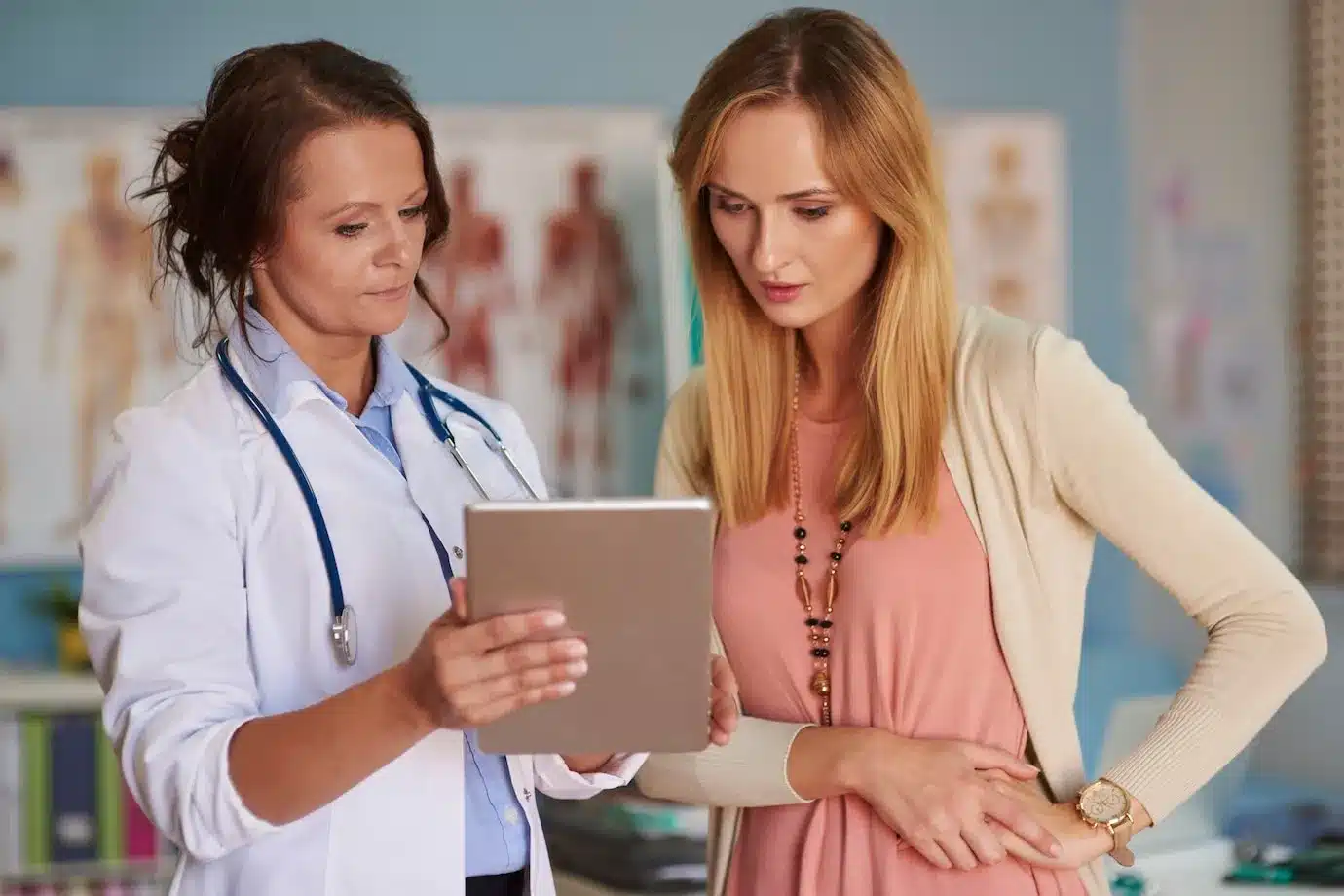Egg donation is a kind and unselfish contribution by women to help others have their own families. It’s a very sensitive, regulated procedure that is respectful to donors and recipients, with integrity as a Canadian egg donor. If you are willing to find out about the requirements or ready to proceed with the process, having the step-by-step guide can make your decision more comforting and informed. Let’s walk through what it takes to become an egg donor in Canada.
Step-by-Step Guide to Egg Donation
Step 1: Understanding the Commitment
You should have some overall knowledge of egg donation prior to being assessed as a candidate. It’s a serious physical and psychological experience encompassing hormone shots, regular monitoring, and a small surgical procedure. You’re giving someone else a family—what a great thing, and naturally, it means you’re fully aware of the procedure and the expectations that are being put on you.
Step 2: Meeting Eligibility Criteria
To become an egg donor in Canada, you must pass some general health and lifestyle requirements. There may be very minor variations clinic or agency to clinic or agency, but most programs, such as Indian Egg Donors, require the following:
- 19 to 30 years
- Mentally and physically healthy
- No recreational drug use and no smoking
- Healthy BMI (typically 18 to 28)
- No genetic inherited illness or inherited illness
- Will be more than happy to give the whole donation procedure
You will also need to spend some weeks of donation time, i.e., screening, monitoring, and retrieval.
Step 3: Application and Initial Screening
Once you have confirmed that you are eligible to meet the minimum requirements, you can apply online with a reputable agency like Indian Egg Donors. The initial step is a very thorough questionnaire about your personal background, education, lifestyle, and medical history.
Following the application submission, the agency will conduct an initial review to determine whether or not you would be a qualified candidate for a donor program.
Step 4: Comprehensive Medical and Psychological Evaluation
Following the acceptance of your initial application, you will have to go through another screening. This will generally involve:
- Medical Tests: Blood testing, hormone level tests, infectious disease tests, and genetic testing.
- Psychological Assessment: To ensure that you are emotionally well-adjusted to continue with egg donation.
- Ultrasound: For the purpose of assessing ovarian reserve and reproductive status.
All the tests make you safe and present you to potential parents who can then benefit from your donation.
Step 5: Matching with Intended Parents
Your profile will be made available to intended parents after you’ve finished all of the screenings (semi-anonymously or anonymously, as you prefer and according to agency practice). Intended parents will see. Matching is likely to be for a few weeks or a few months.
Organizations like Indian Egg Donors directly go to the receivers and donors to create a fit that is appropriate and respectful. You donate anonymously or identically based on your preference.
Step 6: Legal Consultation
Since payment is prohibited for egg donation in Canada, the donors are compensated for travel expenses, food, childcare, and lost work hours.
Before that, all the parties are well aware of their own legal consultation and understand how to read and sign a donor’s consent. In this manner, each party’s expectation, right, and obligation are incorporated in this paper and respected. Indian Egg Donors do the same professionally under the supervision of qualified lawyers.
Step 7: Ovarian Stimulation and Monitoring
Once the legal paperwork is complete, you’ll begin your medication cycle under the supervision of a fertility clinic. This involves self-administered hormone injections for about 10–14 days to stimulate your ovaries to produce multiple eggs.
During this time, you’ll need to attend several clinic visits for blood tests and ultrasounds to monitor your body’s response to the medication.
Step 8: Egg Retrieval Procedure
When your follicles have matured, you’ll receive a trigger shot to prepare for egg retrieval, typically scheduled 36 hours later. The retrieval is a short outpatient procedure, performed under sedation or light anesthesia.
The eggs are collected using a thin needle guided by ultrasound. Most donors recover quickly and are able to resume normal activities within a day or two.
Step 9: Post-Donation Recovery
Once you return, you will have some minor side effects like cramping, bloating, or fatigue. Three days’ recovery holds for most women. Follow-ups keep everything in the optimal condition with recovery and inform you when exercising can once more be resumed.

Indian Egg Donors provide proper post-recovery care to donors and are well taken care of during this time.
Step 10: Reflection and Support
Donating eggs is a very emotional process. An overwhelming vast majority of donors feel an amazing sense of pride and fulfillment that they’ve made a family. Lots of care and support throughout and even after your experience are just necessary. Agency staff who have received good training offer care and counseling to the donors.
Frequently Asked Questions
Q1. Who can become an egg donor in Canada?
Ans: Healthy, non-smoking women aged 19–30 are eligible to apply.
Q2. Is egg donation legal in Canada?
Ans: Yes, but reimbursement only for costs to donors, not payment.
Q3. How long does the egg donation process take?
Ans: It takes a few weeks from screening to retrieval.
Q4. Is the egg retrieval procedure painful?
Ans: The procedure is under sedation, and most of the donors feel very little pain.
Q5. Can I donate eggs more than once?
Ans: Yes, the majority of donors will get more than one cycle provided that they remain healthy and fit.
Final Words
Becoming an egg donor in Canada is a once-in-a-lifetime opportunity that requires science, empathy, and emotional dedication to helping others. No matter how challenging and sometimes painful the process may be, the reward is to be able to introduce motherhood or fatherhood into the lives of others who otherwise may never have had it offered to them.
Ready to Start Your Journey?
If you’re considering becoming an egg donor and meet the eligibility criteria, take the first step today. Indian Egg Donors offers compassionate guidance, complete privacy, and ongoing support throughout your donation journey.
Apply now with Indian Egg Donors and help build families through the gift of life.

Dr. Pooja Patel
Dr. Pooja Patel is a Chief Surrogacy Coordinator at Surrogacy4all. She has 10 years of experience in Anesthesiology and critical care medicine.
She received her medical degree from Seth GS Medical College and K.E.M Hospital in India. She then completed an internship. She finished her Anesthesia residency at Grant Govt Medical College and JJ Group of Hospitals in India.










